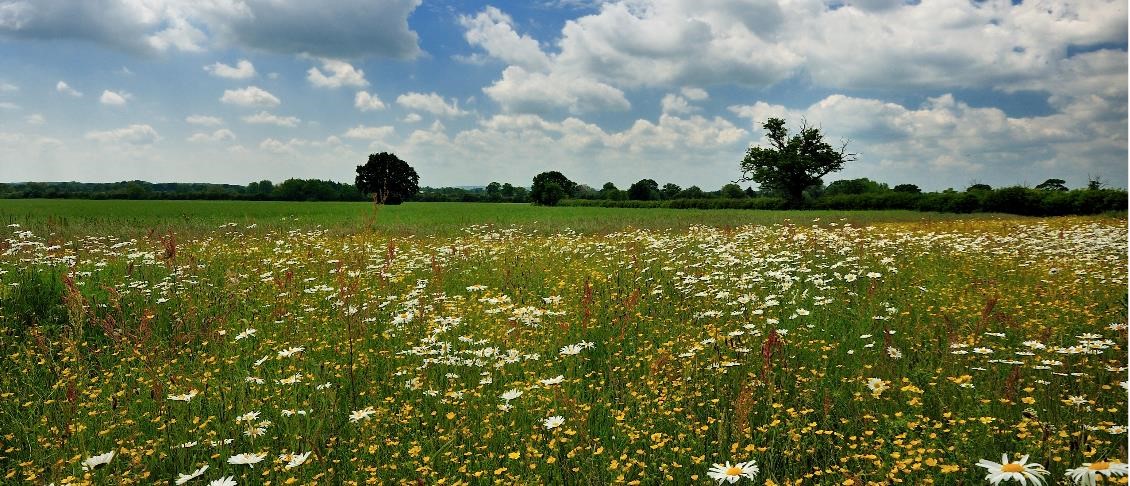Aims and objectives:
Test new ‘system’ level approaches to farming in order to understand how to:
- Sustainably reduce yield gaps;
- Enhance natural processes underpinning food production;
- Develop more profitable systems;
- Increase longer term resilience.
Three farming ‘system’ treatments, which reflect different philosophies and goals, will be compared in both arable and grassland farming systems. Each system is defined by a generalised set of realistic management rules aimed at overcoming the key factors limiting yield and profitability.
Key outcomes:
- A large-scale, statistically robust multi-site experiment, to test innovative farming systems on commercial arable and grassland farms
- Smaller scale, experiments aimed at understanding the specific mechanisms underpinning the individual elements of each system
- Multiple lines of evidence (biological, economic, agronomic) on system level viability, practicality and profitability
- Data and knowledge to inform policy and grower decisions that will impact agricultural industry
- Opportunity for technology transfer/ complementary research
Key products and datasets:
Detailed site measurements will help validate ASSIST models and test predictions of how different environmental drivers affect yield.
Working with partners:
Wildflower and grass seed mixtures being tested within the ASSIST multi-site experiment have been co-designed with, and kindly provided by, Emorsgate Seeds.
![]()
Seed mixes and techinical support on pasture establishment kindly provided by our sponsor DLF Seed Ltd.

Technical support on Techno Grazing system kindly provided by Precision Grazing Ltd.

Relevant publications:
Pywell, Richard F.; Heard, Matthew S.; Woodcock, Ben A.; et al. (2015) Wildlife-friendly farming increases crop yield: evidence for ecological intensification, Proceedings of the Royal Society B-Biological Sciences, Volume: 282, Issue:1816.
Woodcock, B. A.; Savage, J.; Bullock, J. M.; et al. (2014) Enhancing floral resources for pollinators in productive agricultural grasslands, Biological Conservation, Volume: 171, Pages: 44-51.
Begg, G.S. et al. (2016 Article In Press) A functional overview of conservation biological control. Crop Protection.
Eisler, M.E. et al. (2014) Steps to sustainable livestock. Nature, Volume:507, Pages: 32-34.
Orford, K.A., Murray, P.J., Vaughn, I.P., Memmott, J. (2016) Modest enhancements to conventional grassland diversity improve the provision of pollination services. Journal of Applied Ecology, Volume 53, Pages 906–915.
Pilgrim, ES, et al. (2010) Interactions among agricultural production and other ecosystem services delivered from European grassland systems. Advances in Agronomy, Volume 109, Pages 116-154.
Lead scientists:
Dr Ben Woodcock (UK Centre for Ecology & Hydrology)
Dr Sam Cook (Rothamsted Research)
Dr Jordana Rivero-Viera (Rothamsted Research)
